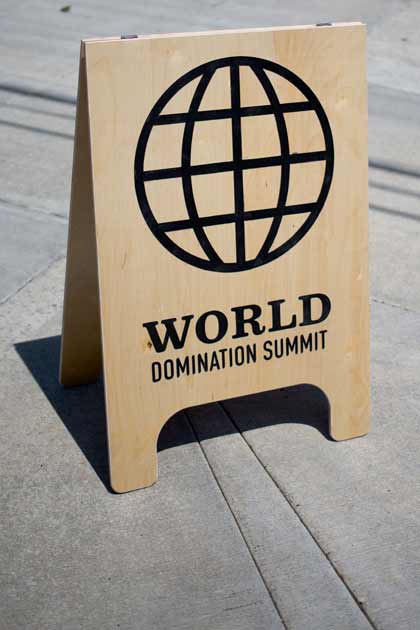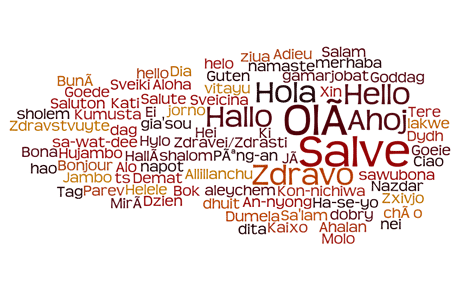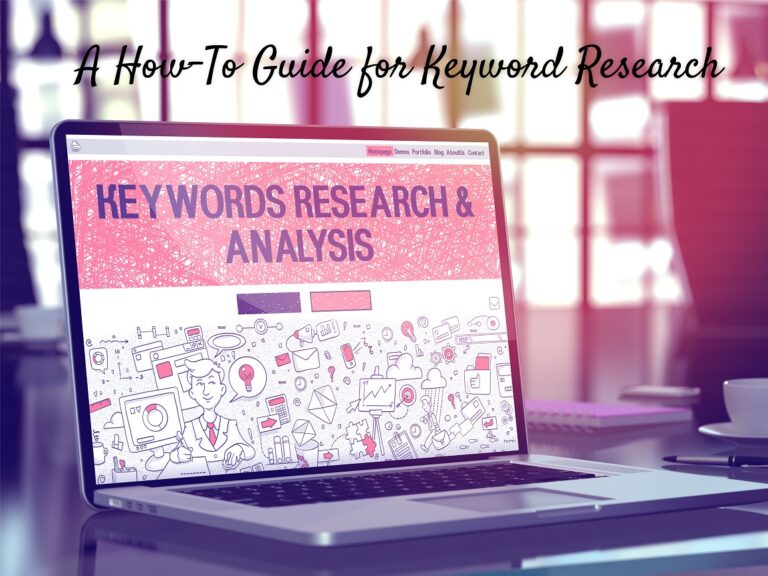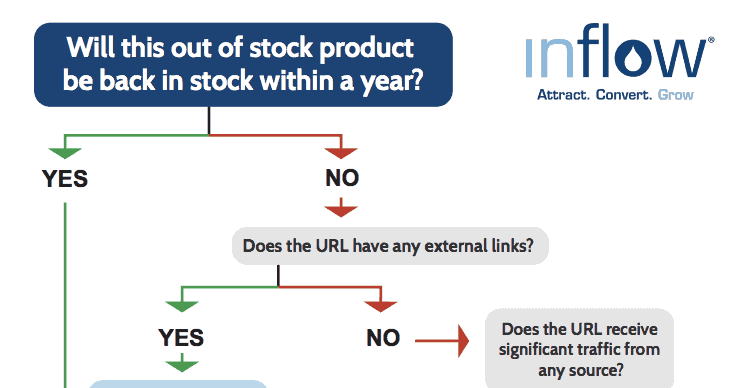Hello, Bonjour and Guten Tag – well that’s as far as my language skills carry me. However, if you are like me sitting in your living room on a Friday evening, lit by candle light, pondering over a game of dominios and planning your path to world domination whilst looking like Dr. Evil and stroking a fat cat (which wouldn’t make sense as I am allergic to cats – but I think you get the picture) then” Yeah Baby” – you will like this blog post!

You are thinking “what the hell is she talking about?” – Well, obviously ‘International SEO Campaigns’…
International what?
Our local market is becoming a tough place to compete in, especially our local “online” market. Is there anyone not online? Well it seems that everyone is moving online (well almost everyone – SEO wink at HMV).
So, if you have moved online and suddenly realised that you are still getting good sales but they are not growing as fast as they were a few years ago – well then it might be time to have a look across the border and see what is going on in other “international markets.” Yes, it is hard to believe but there are other people out there buying and selling online in a lot of different languages. There are actually over 1.4billion of those people online – and surprise surprise they do not speak English!
I know what you are thinking! If I could only get 1% of that non-english speaking market… I know, I’ll just translate my already amazing website and start selling those Continental Europeans my products and services.. You are amazed how I know what you are thinking? Well, it is not as easy as you think and I would suggest to think again!

Here some tips to get you started:
1. Translation – simply translating your website into a language will end up with a big “fail.” This goes also for targeting the American market without americanising your content! You will have to find those “key phrases” that are used in the market you want to target – Google Translate won’t give them to you. The best strategy is get a local to help out!
2. Search Engines – What there is a world beyond Google? It might be hard to believe but yes. Different markets can in some cases mean different Search Engines (I’ll touch on those later on). So, that means get your research right!
3. Onsite Content – This goes somehow back to translation, what to keep in mind here is that different people from different countries will convert differently. What do I mean by that? Well lets say you are launching your site in China. An eye tracking study has shown that Chinese people box scan a page – this means they go right down to the bottom of the page. In the UK we are just really interested in the top results mainly 1 to 3. So, that means you can’t simply translate your pages, you’ve also got to know where to best place your call to actions
4. Location, Location, Location – Well in our case “Localisation”. There has been a big disussion about this. Is it important to have local domains or is it enough to have a subfolder targeting the market? If you’ve got a really powerful mother domain it might be better to go for the subfolder strategy. Why? Because you will be able to pass on some of that authority and share the linkjuice. However, in some markets you will perform better if you totally localise i.e. Russia where .com domains are not seen as authoritative – you’d do better going for .ru
5. Don’t forget English – You might think I am nuts after all finger waving on translation. But just think back – not too long ago people had to search in English, because there wasn’t much localisation going on. This created in some cases a hybrid search language – where English phrases are still commonly used. So, this means it is even more important to totally understand how people search – or you might be missing out on some juicy keywords that could drive some valuable traffic your way
6. Social Media – I am sorry but yes, you will have to have a different social media campaign for different markets. Response maps will have to be different and how you engage with the people via the social media platforms. Although it is totally normal to address someone with his/her first name in the UK, it could be quite offensive for a German
Yandex, Baidu – WHO?
If you think those two are the newest celebrity baby names – I must disappoint! We are talking search engines.
As mentioned before, Google might be the largest search engine in the world – but that doesn’t mean it is the top search engine in each international market. If you are targeting UK, West and Central Europe you will do pretty good to optimise your site for Google as it has over 95% of the market share.
However, go a little bit further east and suddenly you got names like Seznam, Rambler and Yandex popping up. Eastern Europe and Russia have some of the fastest growing search engines. In Asia you will be met by Baidu, Daum, Yam and some more. Another point to keep in mind if you want to conquer the Chinese market, is that Google has backed out! Baidu has a 70% market share. But do not despair you still can have some success with Google if you target the Hong Kong Market, which makes almost 30% of the online market. And if you are thinking about going into the Middle East they are big on Yahoo!
Too much to take in? Is your dream of world domination slipping slowly away? Did your dominos just collapse infront of you? Do not give up. Although you are dealing with different search engines that might be a plus. A lot of those search engines are lagging behind a little. This means some of the tactics that we have shelved away can be dusted off and implemented. Here’s a little overview of the Yandex, with some tips here and there:
1. Yandex is a little slower than Google, it can take up to 2 weeks for it to crawl your pages and in some cases it could take a couple of months! Yandex crawlers are not as sophisticated as Google’s
2. If your site suddenly disappeared, do not worry (well not straight away) it seems when they update their algorithm your site could disappear for a couple of days
3. You will have to really rely heavily on Russian content – as there is still quite a big indexing issue
4. Make sure you go totally local – that means get a .ru domain
5. Ensure you build links to local websites, any .com links won’t really help you here
6. Avoid 301s
7. Get your meta titles and description right – and avoid keyword stuffing
When optimising for the pages it is really recommended to use local SEOs. Yes SEOs not just translators. You need to get someone who not only understands the language and can dig out those key phrases you need, but you need someone who also understands the local search engines and how to optimise for them.
How to pave your path to world domination… 3 simple steps
My god I have been babbling on for ages now! But I kept the best bit last (now you wish you would be Chinese and box scan). I would suggest to reconstruct all your dominos for this part so you can give them the final succeeding push whilst blurting out your upmost evil laugh.

You ready? Here are the 3 take-aways that will gain you world domination:
1. Go Local – in all possible ways. Local people, Local site, Local content, Local search engine
2. Your Targets – get to know the people. What are they searching for? How will they convert? Where will you find them?
3. Your Platform – carry out an indepth analysis of the search engine market. Find out what search engines are present and their current market share. Do not disgard Google totally, if they’ve got a share try and optimise for it – because Google is just as much planning for total online world domination as you!
What to do now? Get that cat off your lap, stop playing silly games, get those lights on and start!






